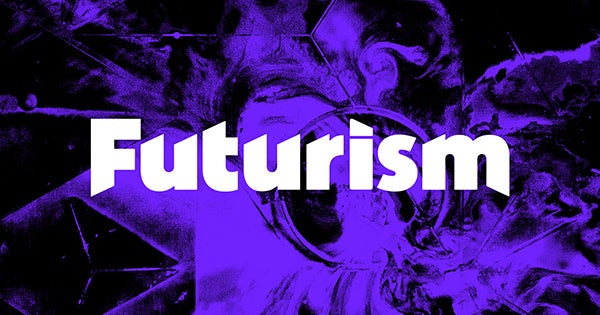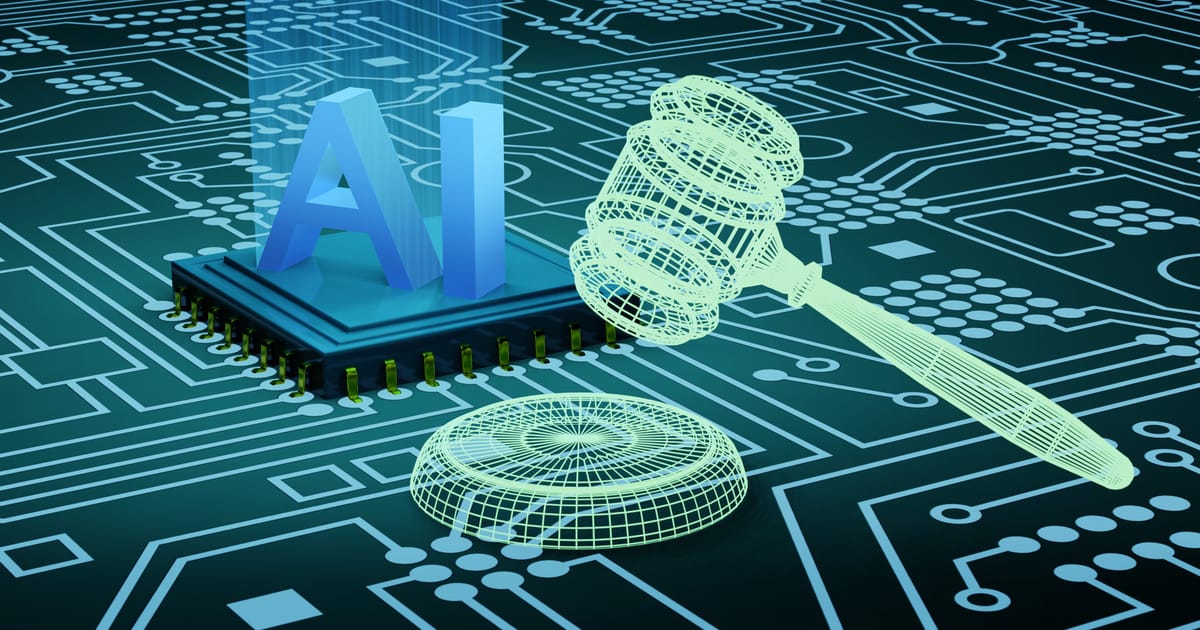
The world of health science and medical technology is undergoing a transformative shift, fueled by rapid advancements in artificial intelligence, biotechnology, and data analytics. These evolving technologies are not only revolutionizing how diseases are diagnosed and treated but are also reshaping healthcare delivery systems globally.
One of the significant breakthroughs includes the integration of artificial intelligence (AI) into diagnostic tools. AI algorithms, trained on massive datasets, are now capable of detecting health conditions such as cancer, cardiovascular diseases, and neurological disorders with unprecedented accuracy and speed. These algorithms assist doctors in analyzing medical imaging like MRIs and X-rays, reducing the potential for human error and expediting treatment plans.
In parallel, personalized medicine has emerged as a promising frontier in healthcare. By leveraging genomic data and advanced analytics, personalized medicine allows treatments to be tailored to an individual’s unique genetic makeup. This approach not only boosts the effectiveness of medications but also minimizes adverse side effects, ultimately improving patient outcomes.
Biotechnology continues to play a crucial role, particularly in the development of gene editing methods like CRISPR-Cas9. These tools allow scientists to modify DNA with remarkable precision, potentially correcting genetic defects and providing cures for hereditary diseases. While ethical and regulatory considerations remain, the technology holds transformative potential for the treatment of conditions once thought to be incurable.
Additionally, wearable health devices and remote monitoring tools have expanded the reach of healthcare beyond traditional clinical settings. These technologies empower patients to monitor vital signs, manage chronic illnesses, and communicate with healthcare providers in real-time, fostering proactive management and early intervention.
As these futuristic innovations continue to evolve, the healthcare industry faces challenges related to data privacy, equitable access, and regulatory oversight. Nonetheless, the integration of science and technology in health promises to usher in a new era of medicine—one that is more precise, proactive, and patient-centered.
The confluence of AI, biotechnology, remote monitoring, and personalized medicine positions the current decade as a watershed moment in medical innovation. The future of healthcare is not only promising but already unfolding, redefining what is possible in the diagnosis, treatment, and prevention of disease.
Source: https:// – Courtesy of the original publisher.








